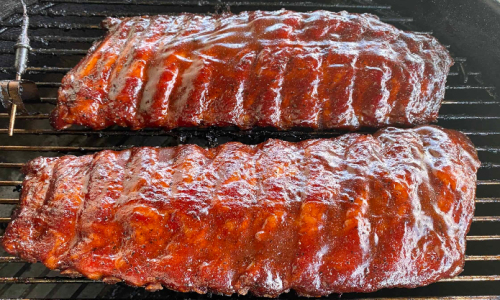Introduction
Ever walked into your kitchen and instantly regretted it because of a rancid smell? Chances are, your grease trap is the culprit. While these devices are lifesavers for plumbing, a smelly grease trap can ruin the vibe (and your appetite). If you’re wondering, is it normal for a grease trap to smell?—you’re about to find out everything you need to know.
Why You Shouldn’t Ignore a Smelly Grease Trap
Odors coming from your grease trap aren’t just unpleasant—they can be a red flag signaling deeper issues. From health risks to plumbing nightmares, ignoring that stink could cost you more than just your nose.
Top Reasons Your Grease Trap Stinks
- Decomposition of Organic Waste
Grease traps collect fats, oils, and food scraps. Over time, these decompose, producing sulfur and methane gases. The result? A gag-worthy grease trap stench.
- Infrequent Cleaning
Ask any pro, including WM Plumbing, and they’ll tell you the most common reason for bad smells is simply skipping regular cleanings.
- Bacterial Imbalance
Some bacteria help break down waste, while others release foul-smelling gases. An imbalance can turn your trap into a mini sewage plant.
- System Blockages
When food solids or grease harden, they block your trap or connected pipes, trapping odors and waste in place.
- Structural Issues
Incorrect installation, broken seals, or missing gaskets can cause smells to leak out—even if the trap is clean.
Is It Normal for a Grease Trap to Smell?
Absolutely not. While brief smells during maintenance are expected, continuous odors suggest something’s off. According to is it normal for a grease trap to smell?, consistent stinkiness is a clear indicator that cleaning or repairs are overdue.
Consequences of Ignoring Grease Trap Odors
- Health Hazards
Methane and hydrogen sulfide from decomposing FOG are not just stinky—they’re dangerous. Prolonged exposure can lead to headaches, nausea, or even more serious conditions.
- Pest Infestations
Roaches, fruit flies, and even rats love the scent of decaying food. A smelly grease trap might as well be a dinner bell for pests.
- Plumbing Damage
Backups, slow drains, and burst pipes are common outcomes when a grease trap goes unchecked.
- Legal Trouble for Commercial Kitchens
Restaurants can face fines or shutdowns if health inspectors catch a foul-smelling or overflowing trap.
How to Stop the Stink: Expert Tips
- Create a Cleaning Schedule
Set reminders to clean your trap monthly—or more frequently for high-use kitchens.
- Use Enzyme-Based Cleaners
These bio-solutions naturally digest FOG, reducing smells without harming your pipes.
- Invest in Professional Cleaning
DIY isn’t always enough. Trust a smelly grease trap expert like WM Plumbing to deep-clean and inspect your system.
- Educate Your Kitchen Crew
Train everyone to scrape plates and never pour oil down the drain. Prevention is always cheaper than cure.
- Upgrade Your System
Older grease traps may lack proper venting or sealing. Sometimes, replacing outdated equipment is the smartest move.
Pro Maintenance Checklist
- Clean monthly (minimum)
- Use strainers to catch debris
- Keep records for inspections
- Regularly inspect for leaks or corrosion
- Use enzyme treatments weekly
Final Thoughts
Grease trap odors may seem like a small nuisance, but they’re often a sign of bigger problems. Don’t ignore them. Regular maintenance, smart practices, and professional help can make all the difference. Your nose—and your plumbing—will thank you.
FAQs
- Can grease trap odors affect indoor air quality?
Yes. Toxic gases like hydrogen sulfide can compromise air quality and health.
- What’s the fastest way to get rid of a grease trap smell?
A deep clean by professionals combined with enzyme treatment is your best bet.
- Are homemade remedies effective for grease trap smells?
Temporarily, yes—but they don’t replace proper cleaning.
- How do I know if my grease trap is installed correctly?
If odors persist despite cleaning, have a plumber inspect venting and seals.
- Can a smelly grease trap cause plumbing clogs?
Definitely. The same buildup causing the smell can block water flow too.


